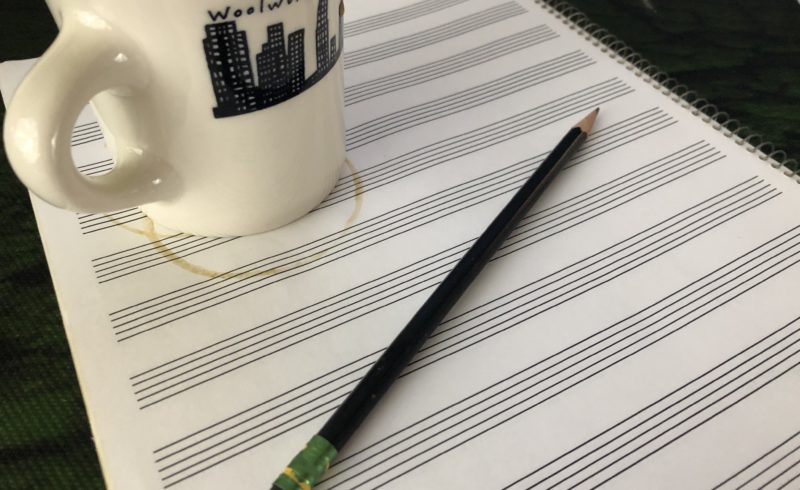
The accusation is always that copyright infringement was willful. I don’t think I’ve ever seen anyone sued for accidentally infringing.
Civil litigation, if you don’t know, begins with a plaintiff filing a complaint explaining how they’ve been harmed and why the court should hold the defendant responsible. Then they request some sort of relief — damages, injunction, and so forth. I read a lot of complaints and virtually every accusation of infringement specifies that it’s deliberate and willful, which makes sense. Willful infringement is likely to produce a higher damages award and perhaps a “statutory” one.
But subconscious copying is still copying. One of the most famous infringement cases was over ex-Beatle George Harrison’s “My Sweet Lord,” in which Harrison was found to have subconsciously copied “He’s So Fine” by The Chiffons.
Conscious or unconscious, it was still infringement, and Harrison paid, $1.6 million. But what if it were deemed intentional?
Willfully copying another work is a worse offense than accidentally or subconsciously copying. Technically the “damages” to the injured party might be unaffected by the intent of the infringer, but doing it on purpose is way worse, right? So, how does that play out in litigation?
Just last week there was a ruling against a politician businessman in Australia who was found to have infringed upon “We’re Not Gonna Take It,” by Twisted Sister in a campaign commercial ditty that went something like “Australias Not Gonna Cop It,” and was sung to the same tune. (I know, right?) The judge was, in his own words, “not persuaded (by Mr Palmer) that Palmer did not intentionally breach Universal’s copyright.” And the judgment amount, which was about $1.5 million, is ten times the $150,000 that Palmer was quoted as the price for the licensed use of “We’re Not Gonna Take It.” Yes, Palmer evidently sought a license, balked at the price, and chanced that he wouldn’t get sued for his version, “Australia’s Not Gonna Cop It.” (again, yeah, I know, right?!)
Was the $1.5 million meant to be punitive? Who’s to say? Damages are supposed to be based upon either the “actual damages” — either damages to the plaintiff or the defendant’s profits resulting from the infringement — OR damages might also be “statutory,” where the amount is dictated by law. And if the plaintiff pursues statutory damages, which they invariably do, consider the difference willfulness makes:
From the Wikipedia page on the subject:
Plaintiffs who can show willful infringement may be entitled to damages up to $150,000 per work. Defendants who can show that they were “not aware and had no reason to believe” they were infringing copyright may have the damages reduced to “not less than” $200 per work.
“Statutory Damages for Copyright Infringement.” Wikipedia, Wikimedia Foundation, 7 Mar. 2021
$150,000 is 750 times $200.
A practical example, I’ve written before about the practice of so-called “soundalikes,” where the intention is indeed to create a piece of music that shares some qualities with an existing work and therefore elicits a similar response from the listener. But importantly the goal there is to not infringe upon the copyrights associated with that prior work. In other words, “produce something similar, but not so similar that we get sued.” A musicologist might refer to that as “insignificant” similarity. If an observation or worse an accusation were to arise, you’d like such as accusation to be unfounded of course, but certainly, you’d also like it to not be judged “intentional.”
Personally, it makes sense to me that if you’ve asked the composer to write something in the spirit of an existing work but not copy it, and then you’ve gone through the step of asking someone like me to analyze and compare the work for originality, then you have an excellent argument that, at a minimum, nobody can reasonably accuse you of willfully infringing.
750 times! Willful infringement is a whole different ballgame. Far better to avoid running afoul of it.
I’d welcome any thoughts on this.